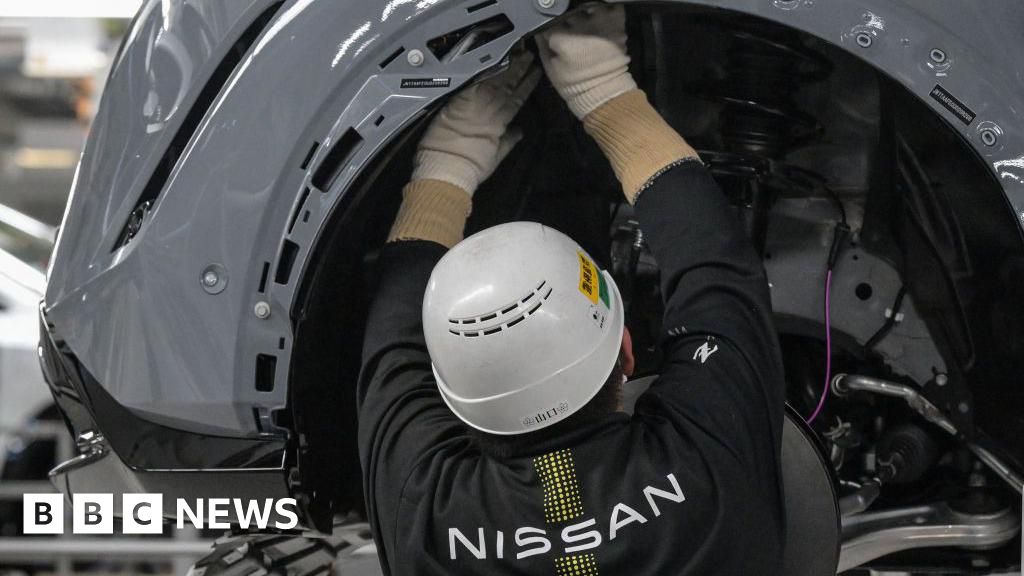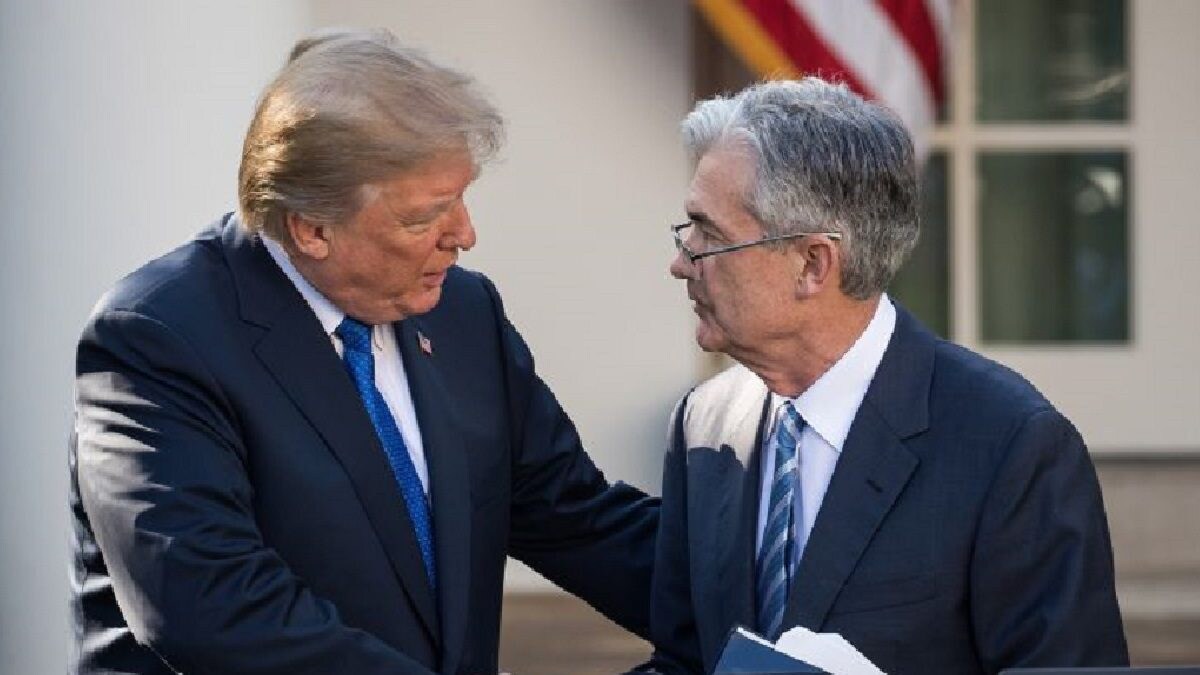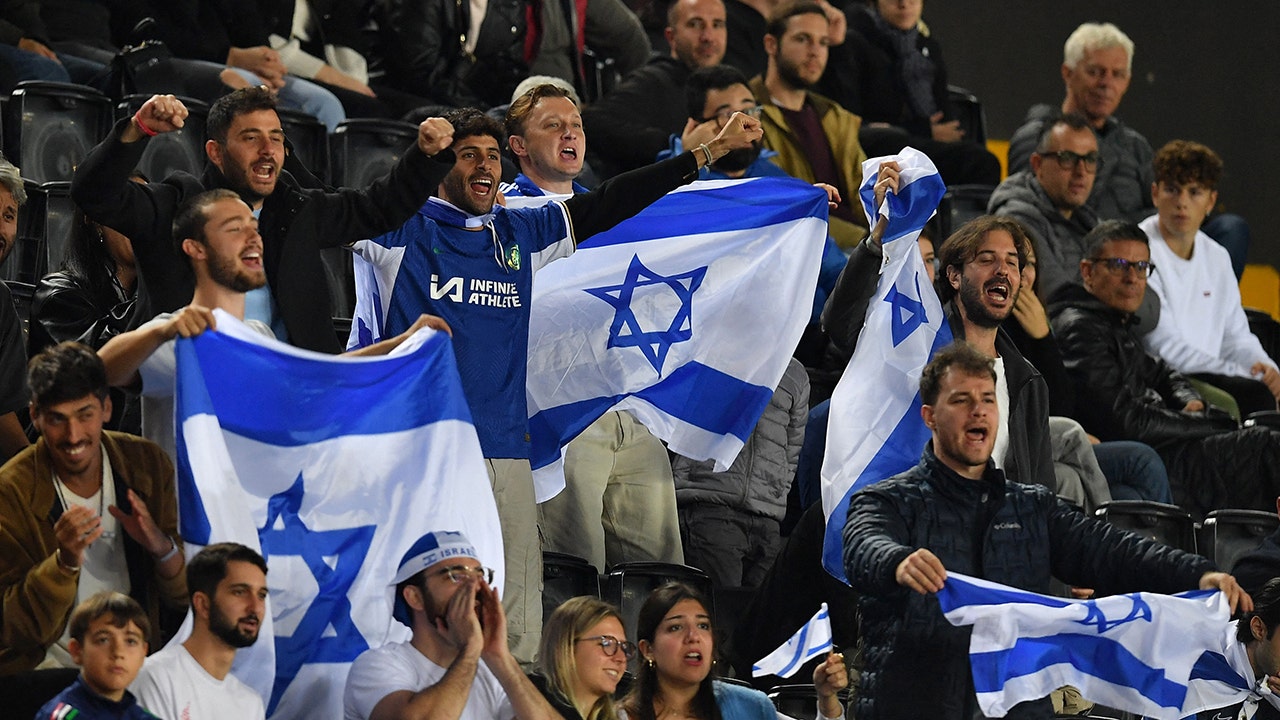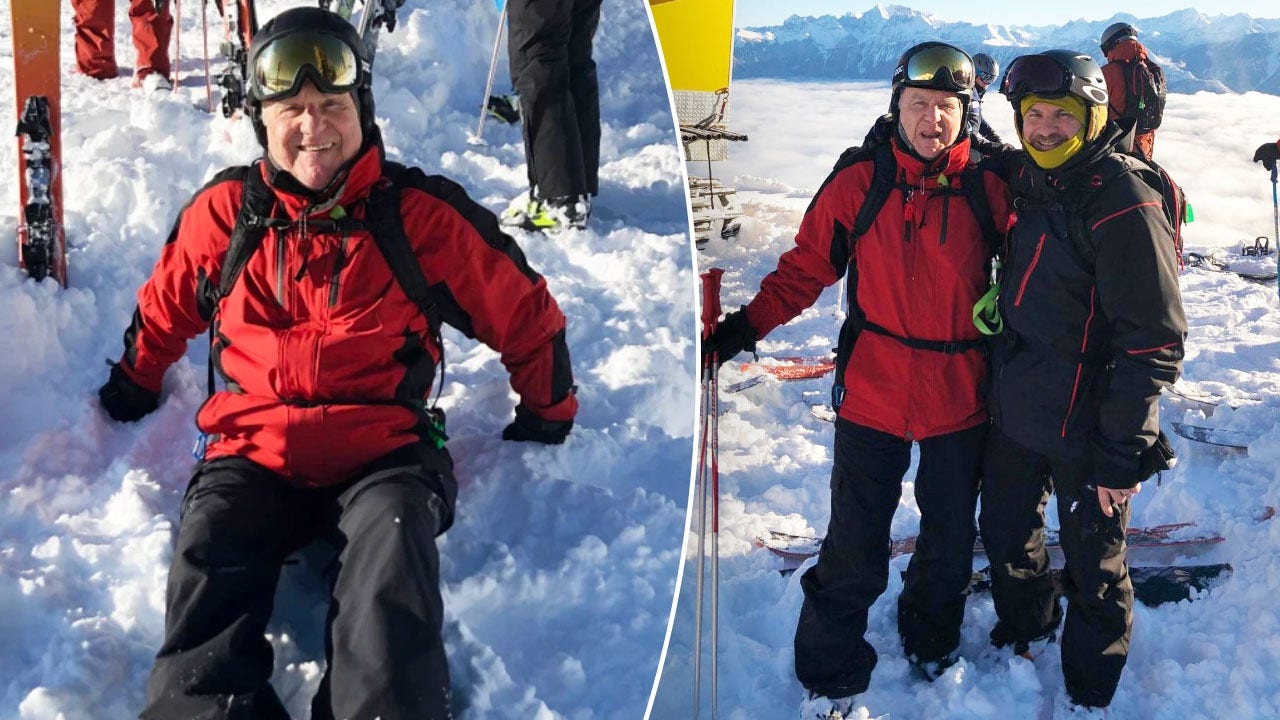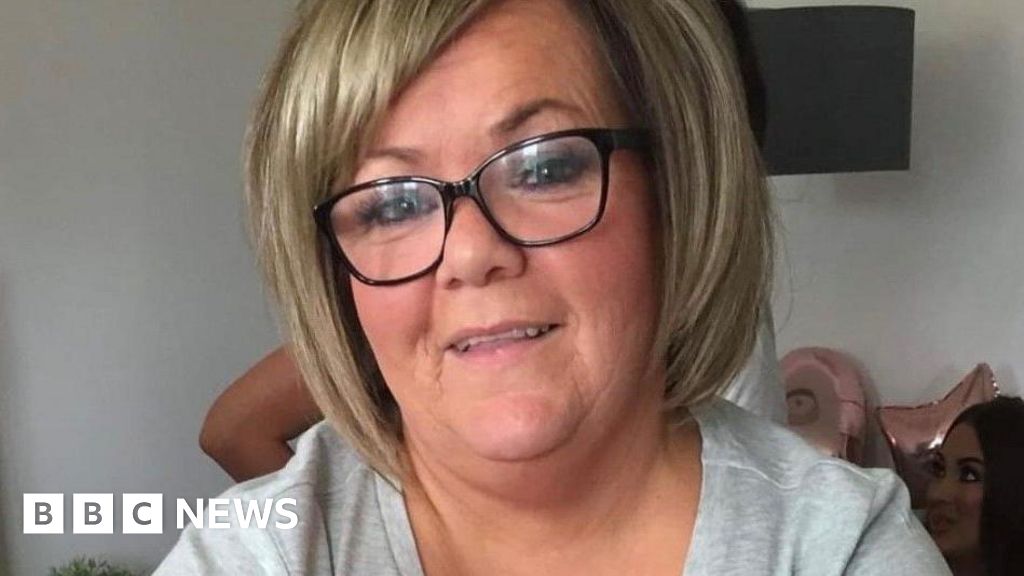The posts can be violent and evocative, of a bloodied Israeli hostage tossed into a truck, a Palestinian child’s lifeless body under a sheet or a flood of infographics shared an untold number of times.
“My social media feed has become pretty much a war zone,” said Loutje Hoekstra, a 29-year-old artist who posts frequently about the conflict. She has stopped sharing her art or anything about herself because it would feel “two-faced,” she said.
A month into the Israel-Gaza war, an adjacent battle has taken shape online, shifting the norms on platforms where millions spend much of their days. Some users who spoke to The Washington Post said they feel an urgent need to spread awareness about unjust civilian killings and have begun posting multiple times a day despite rarely doing so before Oct. 7.
Others have chosen to stop posting anything — about their daily lives or the conflict — because they worry about angering a friend or colleague by appearing insensitive or saying the wrong thing.
Part uncertainty over what’s appropriate to post, part information war and, some allege, part virtue signaling, experts say it’s a moment in time online that is without precedent.
“There’s nothing comparable,” said Pamela Rutledge, the director of the Media Psychology Research Center in Boston. “The Israel-Hamas war got everyone’s attention in a very visceral way. There’s too many citizens on both sides with different points of view.”
Rutledge noted that there are some similarities to what social media users felt and posted during the 2020 Black Lives Matter protests — issues surrounding identity and seeking justice in a way that challenged how many thought about U.S. society.
But, she added, the daily news from a vicious war, the onslaught of bloody, violent images and the personal connections so many in the United States have to those in Israel and Gaza make this moment different.
From best sushi angle to information war
Laila Rodenbeck, a 24-year-old consultant in New York, said she has stopped sharing images of her daily life because she doesn’t want to take attention away from the war. Instead, she’s sharing links to donate aid and Palestinians’ firsthand accounts of what life is like in Gaza.
“We’re at a very disturbing moment,” she said. “We’ve moved past seeing social media as a benign way of posting your selfies and what you wore for Halloween.”
Rodenbeck likened what’s happening in Gaza and the way people are using social media to seeing a house on fire, closing one’s eyes and walking away without helping.
“Anywhere in the world now can be that house on fire,” Rodenbeck said. “If you’re worried about saying the wrong thing and you’re silent, that is the wrong thing.”
Hoekstra saw her feed slowly morph. For the first few weeks of the war, she only saw people who had some connection to the Middle East posting infographics. But by late October, Hoekstra, who herself posts what she describes as “pro-Palestinian” content, said the war had taken over her feed.
Some people, experts told The Post, draw comfort and relief from processing their emotions, particularly about troubling news events, on Instagram or Facebook, and can feel “abandonment” from friends who stay silent on an issue.
Others feel like they would rather have those conversations in person or process it on their own. Still, the barrage of violent images or texts about the war can cause heightened anxiety, isolation and loneliness, Rutledge said. Refraining from posting is, in some cases, the best thing to do, especially if one is worried about spreading inaccurate information, she added.
David Goldberg, who used to infrequently post on social media, has shared videos and images multiple times a day about the Hamas attacks and the 239 hostages held inside Gaza. The 35-year-old tech worker said he feels compelled to combat “misinformation” about Israel and spread awareness about how he feels Jewish people like him are experiencing the war.
“I don’t want people to pick sides. I want people to think critically,” said Goldberg, who has otherwise stopped posting about his daughter going down a slide or what fun food he was having that day. “It used to be what angle of the sushi looks best. Now it’s about making people aware of the Jewish people’s survival.”
He said he tries to address what he sees as misinformation with “verified data points” about the practices of the Israeli military and the number of antisemitic attacks in the last month.
“It’s simple, good vs evil,” he wrote over a reposted video purported to show Israeli soldiers protecting Palestinian civilians. Another one of his Instagram stories included a CNN video with an original caption that read: “Challenging assumptions: a video for those critical of Israel.”
Goldberg has mostly received positive feedback from non-Jewish followers thanking him for informing them about what was going on, he said. Hoekstra and Rodenbeck said they’ve also received mostly positive feedback, though Hoekstra has lost hundreds of followers and received some hate-filled messages saying she will eventually “pay” for what she’s shared.
Fear of negative backlash has left some people feeling paralyzed, worried they’ll seem thoughtless by posting about their daily lives. Some said they decided to delay or not post about a family member’s birthday, a long-awaited trip or running a marathon because they thought it would seem out of touch or inappropriate.
“With that much anger online, it’s too easy to inadvertently rub someone the wrong way without meaning to,” said Joe Walther, a visiting professor at Harvard University’s Institute for Rebooting Social Media. “Despite the fact that Facebook’s prompt asks, ‘What’s on your mind?’ and X asks, ‘What is happening?!’ people have the humanity to realize that the cute thing your cat did is probably not center-stage material just now.”
Walther, an expert on the social dynamics of online communications, has found that people often edit their messages or take more time composing their posts when interacting with someone of high social standing on social media.
People cared about how they were perceived online before the Israel-Gaza war, he added, and the increased focus on the war only heightens that anxiety.
A PhD student in Chicago said she has felt increasing pressure to post but has largely refrained. If she does post, it’s strictly about humanitarian concerns in Gaza rather than anything about Israel, her concern about the rise in antisemitism or her personal life, because she worries she would receive backlash from others in academia.
“People will post things like, ‘If you’re silent, you’re complicit in genocide,’” the 34-year-old said, speaking on the condition of anonymity for fear of retribution in her graduate program.
She would rather have those difficult conversations in person, as she did with a peer who is Muslim and has a connection to the Middle East. No one had asked her Muslim colleague how she was doing before she did, which felt like evidence for the PhD student that much of what colleagues were posting was virtue signaling.
“A lot of social media use is very performative,” Walther said. Over the last month of war, he added, people can “feel like they’re broadcasting to the world.”
Walther thinks a silver lining of this moment is that people are taking an extra minute to think through what they are telling that world, and whether it’s necessary or important to share. He hopes that will stick.
Eventually, though, experts and many users who spoke to The Post believe social media will largely return to what it was like before Oct. 7, if and when friends and followers begin posting less about the war.
She said the reason she’s not posting about her art now is not because of anyone else’s social media practices. It just feels wrong because civilians are being killed, she said.
“I’m the only one that’s telling me that I shouldn’t post,” she said. “I need to seriously think about what my moral take is on going back to posting [non-war content]. I don’t have a solution on that.”









